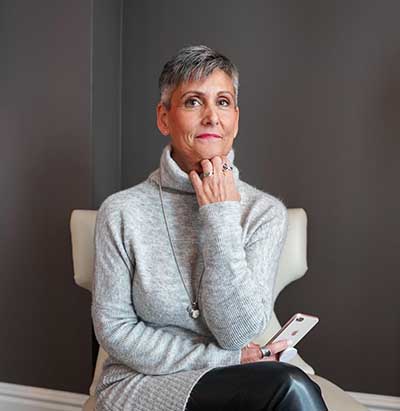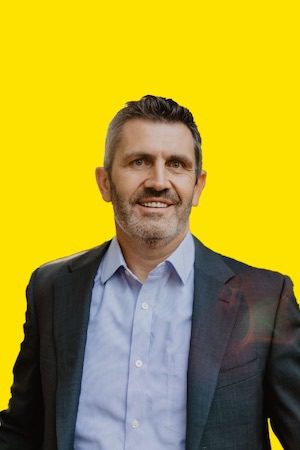Revolutionizing Kids' Coding Education: Exploring Hedy with Felienne Hermans
- Revolutionizing Kids' Coding Education: Exploring Hedy with Felienne Hermans Michael D. Levitt 26:03
Felienne is the creator of Hedy, an open-source and accessible platform for kids aged ten and above to learn textual programming in multiple languages.
The platform has about 500K users a month. It has been translated into 49 languages, including Chinese, Arabic, and Spanish, and has 400+ volunteer programmers, translators, and teachers who continuously improve and maintain it.
To teach a child programming, a parent or teacher can use Hedy’s built-in lesson plans or customize their kid’s learning experience by authoring their lessons and loading these into Hedy’s user interface.
Felienne holds a Ph.D. in Software Engineering and has been a strong advocate for finding better ways of teaching programming and guiding the young generation into the programming world for more than ten years.
She is also a professor of computer science education at the Vrije Universiteit Amsterdam in the Netherlands and a high-school computer science teacher one day a week at Lyceum Kralingen in the Codasium program, which teaches kids to code.
On the podcast, Felienne would love to talk about:
We must radically transform how we teach kids programming languages to prepare them for the next wave of computing.
Breaking Barriers: The role natural languages and culture play in forging the future of programming.
Why every parent should encourage their child to learn coding skills, and Felienne’s best tips for teaching kids how to code.
https://www.felienne.com/
https://hedy.org/
https://www.codasium.nl/
Summary
Discussing Programming, Coding, and Hetty
Michael and Felienne discussed the importance of learning programming and coding at a young age, especially in an increasingly Technology-driven society. They planned to focus their conversation on Hedy, a project Felienne is working on. Michael emphasized the significance of Felienne’s work and expressed his interest in understanding more about it.
Felienne Hermans’ Journey in Teaching Programming to Children
Felienne Hermans, a university professor and school teacher specializing in teaching programming to children, discussed her journey into this field. She initially focused on professional programmers but switched to teaching 12-13-year-olds after realizing the potential impact of introducing programming skills to the next generation. Felienne shared her challenges while teaching her students Scratch and Python, including the language barrier and syntax difficulty. She then shared how she created a simplified Python programming language in Dutch, which grew into a globally used open-source project supporting 56 languages. This project also became a significant research area due to its technical and academic challenges.
Felienne’s Multilingual Programming Tools Initiative
Michael appreciates Felienne’s initiative to create programming tools in multiple languages, allowing more people worldwide to participate in coding. He shares an anecdote about a student struggling with code, emphasizing the importance of taking breaks to gain a fresh perspective. Felianne agrees, noting that her dual roles as teacher and product developer allow her to identify areas for improvement. She highlights that programming teaches both coding and problem-solving, and resilience.
Programming Skills and Student Education
felienne and Michael discussed the value of programming and problem-solving skills in students. felienne emphasized the importance of teaching students to analyze and understand code rather than memorize it. Michael concurred, highlighting that these skills help in coding and other areas of life, such as problem-solving and communication. They both agreed that students should understand that technology is human-made and that programming is essential in creating and maintaining it.
AI, Coding, and Life Skills
felienne and Michael discussed the potential and limitations of Artificial Intelligence (AI). Michael emphasized that AI will likely create new job opportunities and free up people for other tasks, but it’s crucial to understand the coding behind it. He used a coffee machine analogy to explain that while AI can simplify tasks, people should still be able to perform them without it. felienne agreed, highlighting the importance of learning coding as a life skill. They both expressed concern about the current generation’s reliance on technology and the need to understand the underlying systems.
Balancing Consumption and Creation in Digital Age
felienne and Michael discussed the imbalance between consumption and creation in the digital world, with Felienne expressing concern that children are not encouraged to be creators. They both agreed on encouraging and fostering creativity among future generations.


























